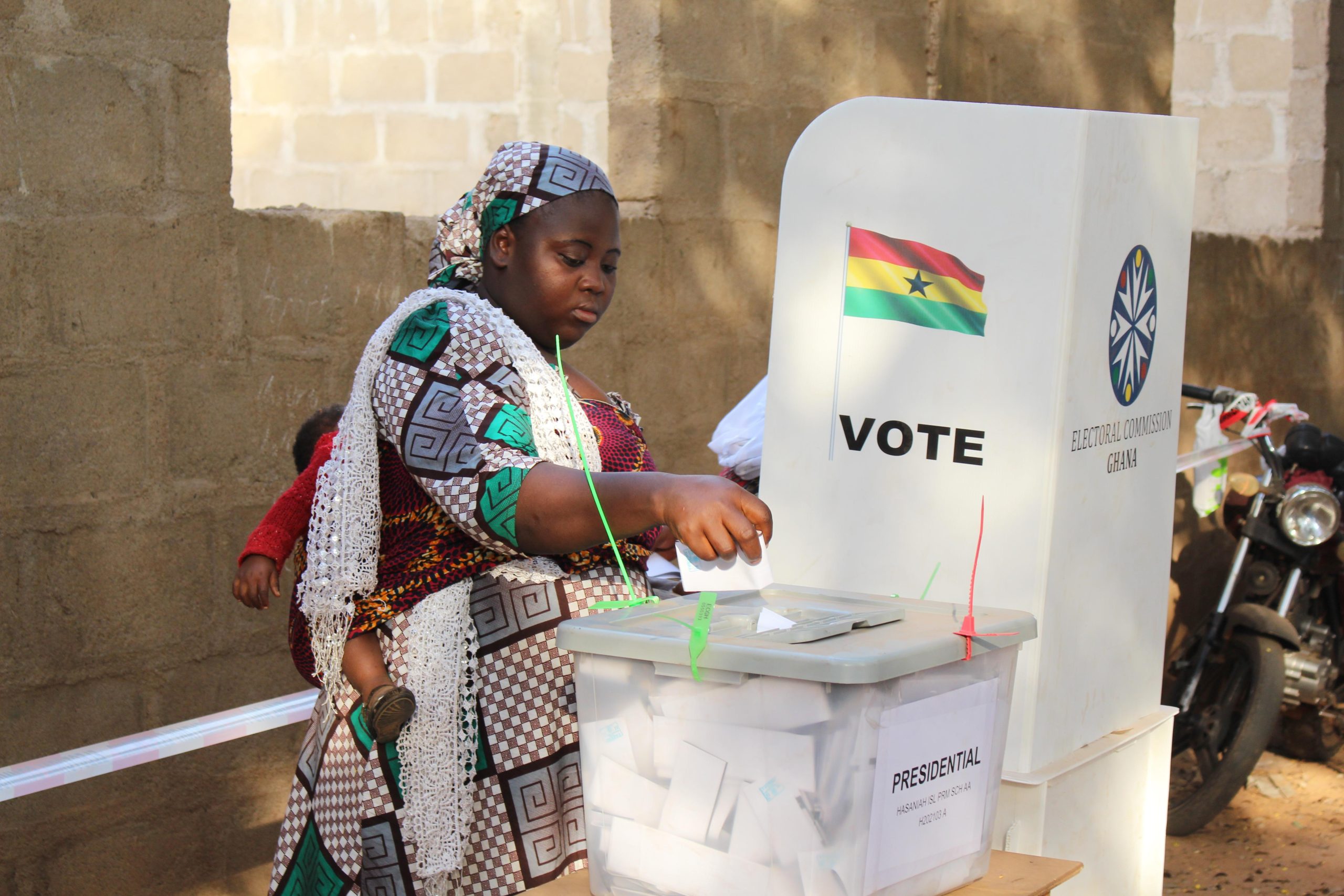Ghana Politics on the Edge: Allegations, Counterclaims, and the Battle for Power
Table of Contents
Introduction
Ghana, hailed as a beacon of democracy in Africa, finds itself on the precipice of a political storm. As the nation prepares for its presidential election in 2024,the political landscape is marred by a barrage of allegations,counterclaims,and a fierce power struggle. This article delves into the depths of Ghana’s political turmoil, examining the accusations, the responses, and the implications for the country’s stability and democratic future.
Rampant Allegations and Counterclaims
Election Fraud Allegations:
The opposition National Democratic Congress (NDC) has leveled allegations of electoral fraud,claiming irregularities and rigging in the 2020 presidential election. They allege that the Electoral Commission manipulated voter registration and vote counting processes, leading to an unfair outcome.
Dismissals by the Electoral commission:
The Electoral Commission (EC) has vehemently denied these allegations, asserting their adherence to free and fair elections. Independent observers have largely corroborated the EC’s position,finding no considerable evidence to support the allegations.
Corruption Scandals:
The ruling New Patriotic Party (NPP) has been embroiled in multiple corruption scandals, with opposition parties and civil society groups accusing top officials of embezzlement and misuse of public funds.
Denials and investigations:
The NPP has refuted these allegations, claiming they are politically motivated and unsubstantiated. Ongoing investigations by independent bodies are yet to yield concrete findings.
Power Struggle Among Political Elite
Deepening division within the NPP:
The ruling NPP is facing internal strife, with growing fissures between President Nana Akufo-Addo and his former allies. Former party members have defected to form rival political groups, threatening the party’s unity and electoral prospects.
NDC Consolidation under Mahama:
Former President John Mahama has reemerged as the NDC’s flagbearer for the 2024 election, bringing stability and momentum to the party. Mahama’s popularity remains high, posing a formidable challenge to the incumbent NPP.
Implications for Ghana’s Stability and Democracy
The ongoing political turmoil in Ghana has far-reaching implications for the country’s stability and democratic values:
Erosion of Public Trust:
Unresolved allegations and counterclaims are eroding public confidence in the electoral system and the government.This can lead to skepticism and apathy among citizens, undermining the foundation of democratic participation.
Social Unrest and Conflict:
If political tensions escalate unchecked, Ghana could face social unrest and even political violence. Allegations of electoral fraud, particularly if left unresolved, can trigger mass protests and civil disobedience.
International Reputation Tarnished:
Ghana’s reputation as a democratic beacon in Africa is being tarnished by the ongoing political turmoil. If the situation continues to worsen,it could damage the country’s international standing and credibility.
Conclusion
ghana’s political landscape is on a knife-edge, with allegations, counterclaims, and a fierce power struggle threatening to destabilize the nation. The government, political parties, and civil society organizations must address these issues with impartiality and seek common ground to restore trust and preserve the country’s democratic values.
The electoral process must be transparent, fair, and inclusive. Corruption allegations require thorough investigations and appropriate consequences for those found culpable. The power struggle within the political elite must be managed responsibly,prioritizing national unity and stability.Ultimately, the fate of Ghana’s democracy rests on the ability of its leaders and citizens to navigate these challenges with wisdom and compromise.

